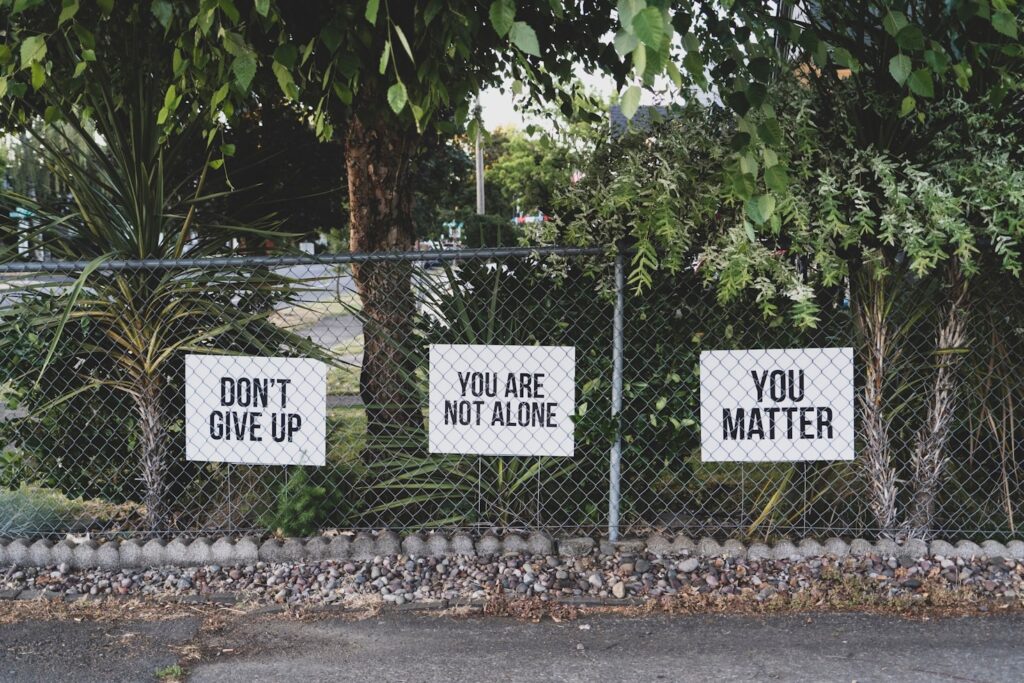Our Rights and Experiences
Anne, Kansas
My son, Jack, is funny, loving, curious, kind, and is an amazing big brother. For the most part, he does a great job communicating, but he also only says about 20 words. He uses assistive augmentative communication (AAC) to communicate. Robert F. Kennedy (RFK) Jr., the US Secretary of Health, recently remarked that kids my like son are a tragedy to the family. RFK is wrong. Our son is not a tragedy in any way. He is the most amazing child, and I am lucky to be his mother. He has benefited from special education services since he was three and will continue to require these services as he goes through high school and most likely as an adult. Jack has access to school and his services thanks to the Individuals with Disabilities Education Act (IDEA). The Office of Civil Rights in the Department of Education oversees state discrimination complaints and IDEA compliance. Without this oversight, I am concerned that states may not feel fully accountable to fully abide by IDEA. There is already an impact with the reduction of discrimination investigations due to the initial cuts made by the Department of Government Efficiency (DOGE). My son benefits daily from the special education services provided through his school and these must continue for him to be able to live an independent life with dignity.

Lilly, California
These federal cuts feel deeply personal. They threaten the supports that help me live independently and contribute meaningfully to society. I use a wheelchair, I’m pursuing my Master of Social Work, and I’m engaged to someone who also has a disability and just received a kidney transplant. We’re building a life together, but the systems that are supposed to support us keep moving the goalposts. Cuts to Medicaid, SSI, or disability services are not abstract. They shape how I’m able to live independently, whether my fiancé and I can afford the care we need, and if we can live with dignity. They impact whether people with disabilities are seen as people with futures or just burdens on a spreadsheet. I work hard to be part of my community, to speak up, and to support others doing the same. Every time funding is slashed, it chips away at our safety, stability, and freedom. These are not luxuries; they’re the bare minimum.

Meritt, Pennsylvania
My brother is a whiz at crosswords, plays five instruments, loves horseback riding and bowling, and can make me laugh like no one else. He calls my dog his ‘niece’ and always beats me in mini golf. He has job cooking in a local restaurant and is so so proud of that. He flies alone to come visit me. When he turned 30, family members flew from all over the country to celebrate him. He is not a burden, he is simply my brother. But to get that restaurant job, he needed Medicaid waiver funding to get a job coach. He uses waiver funding so he can have support staff help him go grocery shopping, to the library, and to the ATM, so he live up to his full independent potential. Without Medicaid waiver funding, his quality of life diminishes – his dignity and independence are threatened. And this is true for millions of people. No matter side of the aisle are on, that should be unacceptable.
Harmony, New York
The current cut in federal funding has led to insufficient services in our community, public schools, and less support for students with disabilities, including the underrepresented. That’s not just inconvenient. For many families navigating autism diagnoses and intellectual disabilities IDD, cuts to Medicaid or SSI are devastating. Programs that bring us together, like after-school care, inclusive learning spaces, and support groups, are shrinking. Federal funding cuts are undermining the community connections that support us all. During my volunteer experiences with the NYC Alliance and my church, I have witnessed how reduced grants and program cuts limit opportunities for collective healing, growth, and a sense of belonging. These programs aren’t extras; they’re lifelines. And when they’re gone, isolation and mental health concerns/crises may increase. For anyone who is currently impacted by the cut, I want you to know that you are not alone. You deserve better. Your safety, dignity, and futures should not be budget line items. We need to engage in continuous advocacy and fight for what we need to thrive as we learn and grow together.

Victor, California
I am writing on behalf of myself, the seniors and people with disabilities served by the Center for Independent Living (CIL) in Berkeley, and the network of more than 408 independent living centers across the country. We need you to understand: the current federal cuts are not just numbers on a spreadsheet—they are a direct attack on our safety, dignity, community, and independence. **Message to Republican Leaders** You speak of personal responsibility, local control, and the value of strong communities. Yet these cuts undermine those very principles. They force seniors and people with disabilities out of their homes and into costly institutions. They strip away the supports that allow us to contribute to our families, neighborhoods, and the economy. We are not asking for handouts. We are demanding the basic tools to live as full citizens—safe, dignified, and independent. The CIL in Berkeley and the entire national network stand as proof that with the right supports, we can and do thrive. Don’t turn your back on us now.Restore the funding. Protect our independence. Stand with us.